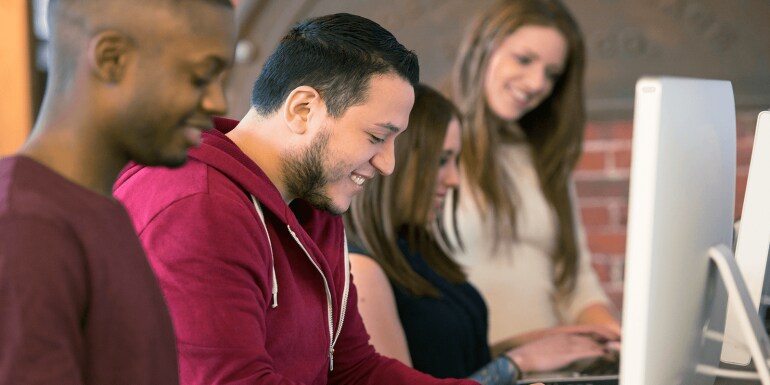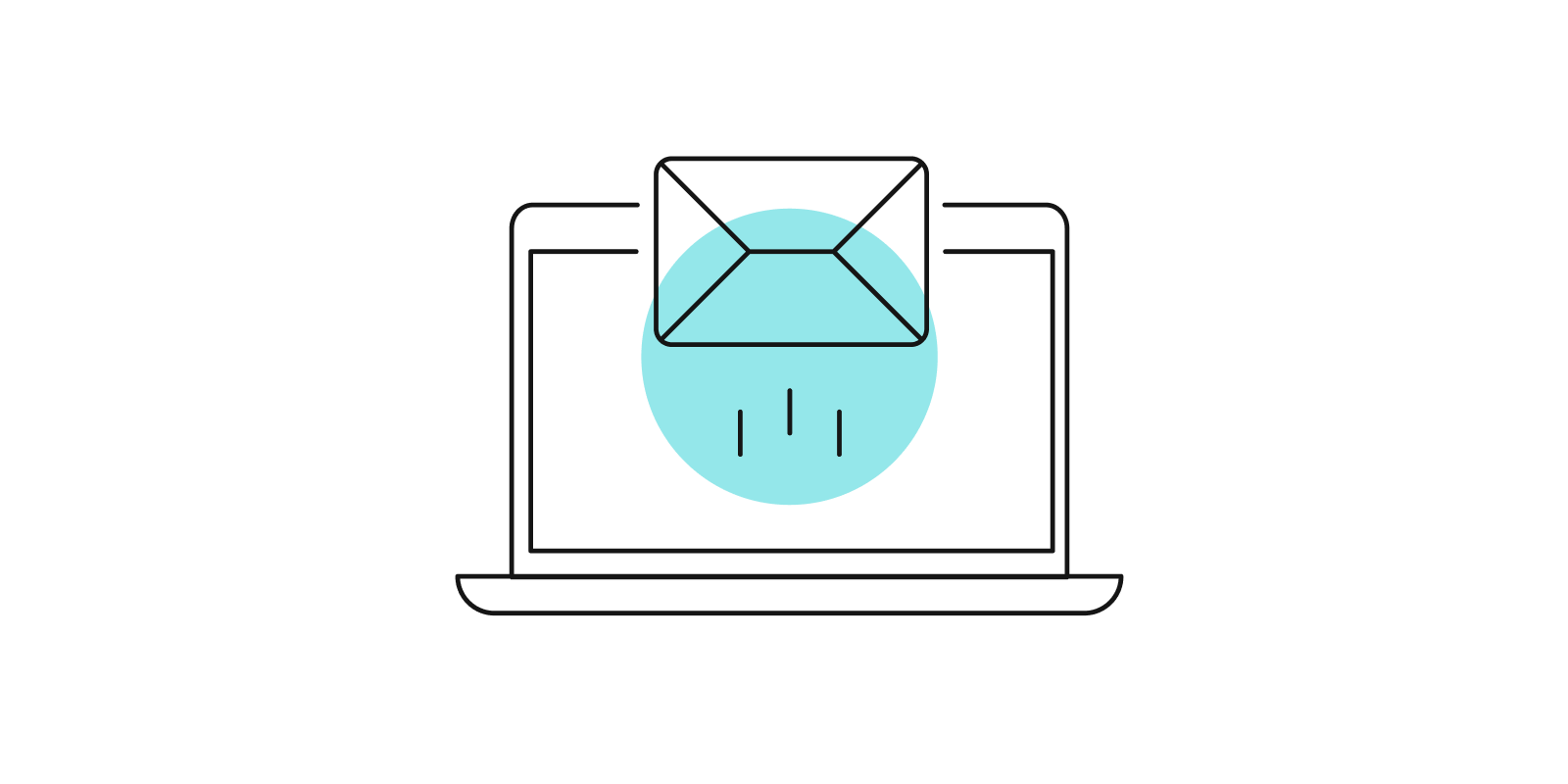
Making data work for teachers (Episode 9)

This series, produced with The Edtech Podcast, explores the implications of and questions around future tech for education. Listen for insights from experts — including contrarians — from across industry, research, and academia. Get caught up with episodes 1-8.
With technology, teachers actually sometimes see less student work than they do with a traditional worksheet. How can resources developers best communicate about students’ work to teachers? What instructional decisions do teachers make for which it is helpful to have data to answer? Are data points useful beyond intervention alone? What do teachers actually seek from data and how it is presented, without adding to existing workload? What latest design methods of communicating information can be used to feedback student performance to teachers whilst maintaining the agency of all stakeholders? Is the “data-dashboard” here to stay? Or, is there another way?
Subscribe to the Future Tech for Education on iTunes.
About the author

Dr. Kristen DiCerbo
Dr. Kristen DiCerbo is the Vice President of Education Research and Learning Design at Pearson, where she leads a team of researchers and learning designers embedding what they know from learning science and assessment research into K-16 digital learning environments.
Kristen’s work centers on interactive technologies for learning and assessment, particularly the use of evidence from learner activity in games and simulations to understand what learners know and can do. She jokes that she only works with things that have three letter acronyms starting with E: Evidence-Centered Design, Exploratory Data Analysis, and (dabbling in) Educational Data Mining.
Kristen has been fortunate enough to participate in some exciting simulation- and game-based assessment projects, including work with GlassLab developing SimCityEDU and Mars Generation One. She also participated in the White House Game Jam.
Prior to joining Pearson, Kristen provided research support to the Networking Academies at Cisco and was a school psychologist in a local school district in Arizona. She has a Bachelor’s degree in psychology and sociology from Hamilton College and received her Master’s Degree and Ph.D. in Educational Psychology at Arizona State University.



